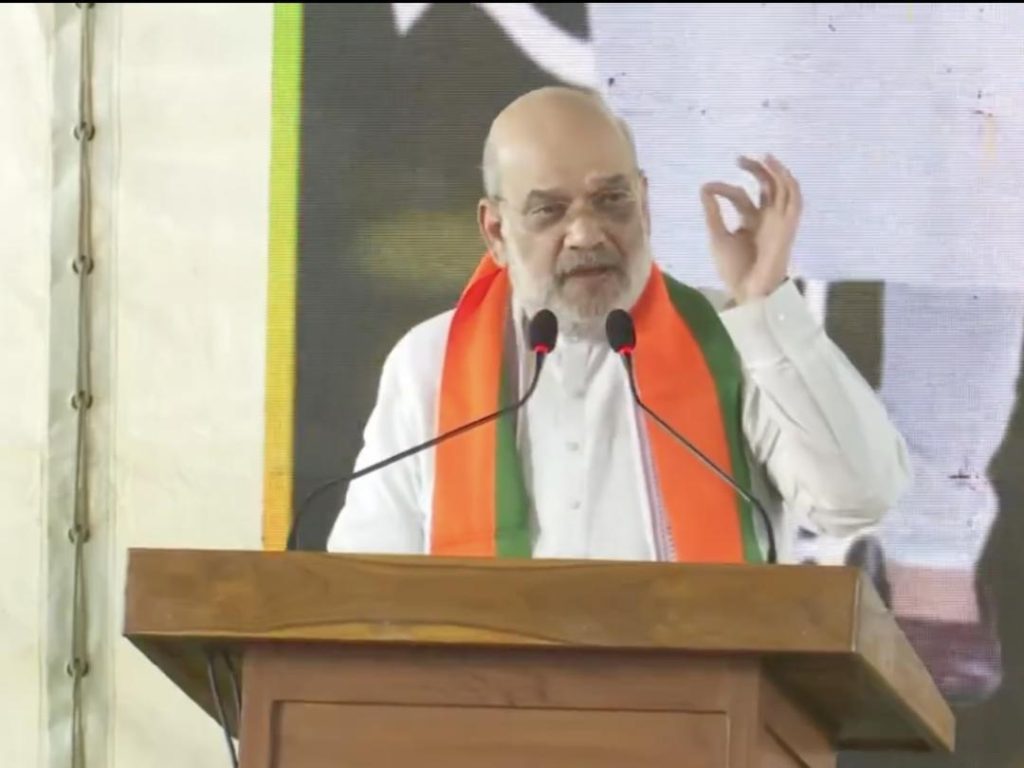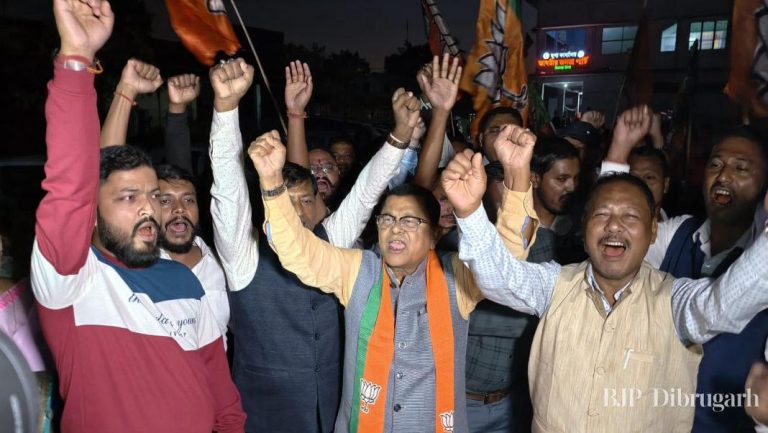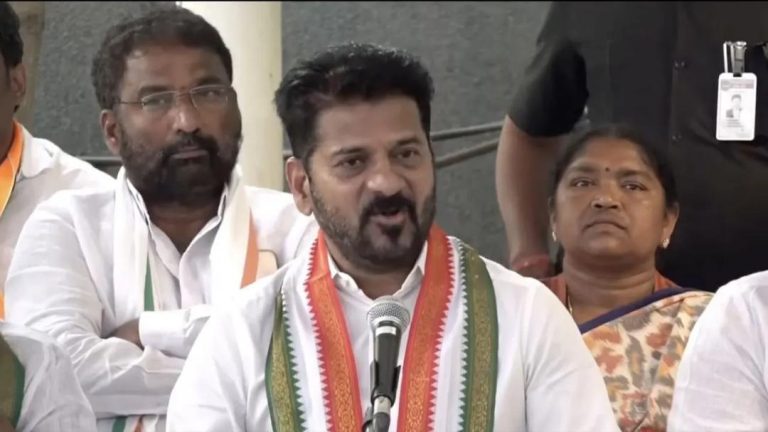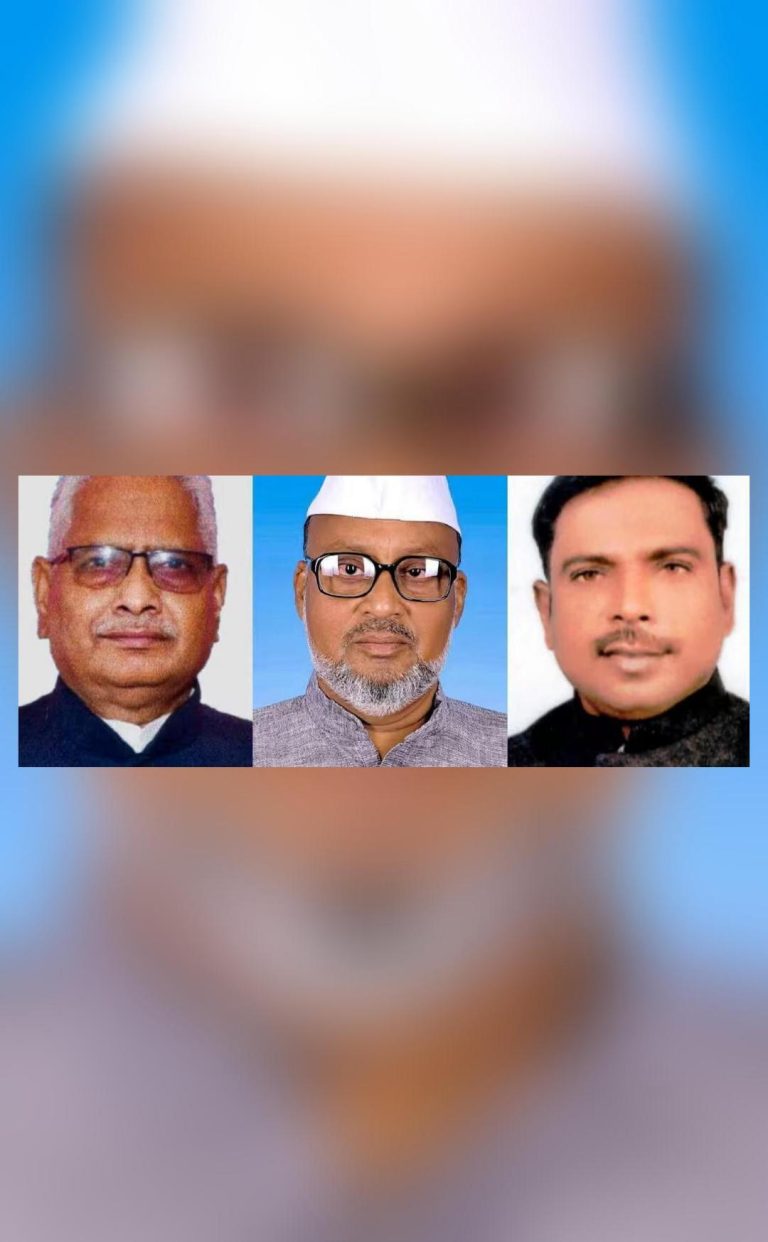
BJP will form govt in both Tamil Nadu & Bengal in 2026: Amit Shah
Union Home Minister Amit Shah’s bold claim has sent shockwaves across the political landscape of India. Addressing an event in Tamil Nadu’s Madurai on Sunday, Shah stated confidently that in 2026, the Bharatiya Janata Party (BJP) and its National Democratic Alliance (NDA) partners will form the government not only in Tamil Nadu but also in West Bengal. This statement has sparked a heated debate among political pundits and analysts, with many questioning the feasibility of such a scenario.
Shah’s assertion came as a surprise to many, given the strong hold of the Dravida Munnetra Kazhagam (DMK) in Tamil Nadu and the All India Trinamool Congress (TMC) in West Bengal. The two states have traditionally been strongholds of the Dravidian parties and the Left Front, respectively. However, Shah’s statement has raised hopes among BJP supporters and has put pressure on the ruling parties in both states to revamp their strategies.
During his address, Shah emphasized that he has been part of many elections and has a deep understanding of the sentiments of the people. He claimed that the people of Tamil Nadu will uproot the DMK from the state, indicating a significant shift in the political landscape. While Shah’s confidence is admirable, it remains to be seen whether his predictions will come true.
The recent electoral trends in both states suggest that the BJP has been making steady progress. In the 2019 general elections, the BJP won 18 out of 39 Lok Sabha seats in Tamil Nadu, while the TMC won 42 out of 42 Lok Sabha seats in West Bengal. In the 2021 assembly elections, the BJP emerged as the second-largest party in West Bengal, winning 77 seats, while the DMK won 39 seats in Tamil Nadu.
However, the BJP’s success in both states is largely attributed to the divisions within the opposition and the rise of anti-incumbency sentiment against the ruling parties. The DMK and TMC have been in power for several years, and their reign has been marked by allegations of corruption, mismanagement, and erosion of trust among the people.
The BJP has been actively trying to capitalize on these sentiments by highlighting the failures of the ruling governments and promising a change. Shah’s statement is seen as a bold attempt to rally the people of both states behind the BJP’s agenda and create a sense of urgency among the voters.
However, the BJP faces significant challenges in both states. In Tamil Nadu, the party has to contend with the strong legacy of the Dravidian movement, which has a deep emotional connect with the people. The DMK has been successful in mobilizing the masses around issues like language, culture, and social justice, which are deeply ingrained in the state’s identity.
In West Bengal, the TMC has a strong organizational network and a loyal following among the marginalized communities. The party has been successful in appealing to the emotions of the people, particularly in rural areas, by emphasizing its commitment to social justice and welfare.
To achieve its ambitious goal, the BJP will have to significantly improve its organizational capabilities, build alliances with local parties, and create a strong narrative that resonates with the people of both states. Shah’s statement has set the bar high, and the party will have to work tirelessly to achieve its objectives.
In conclusion, Amit Shah’s bold claim has raised the stakes in the political landscape of India. While the BJP has been gaining ground in both states, the party still faces significant challenges in dislodging the ruling parties from power. The next few years will be crucial for the BJP, and the party will have to put in a tremendous amount of effort to achieve its goals.






